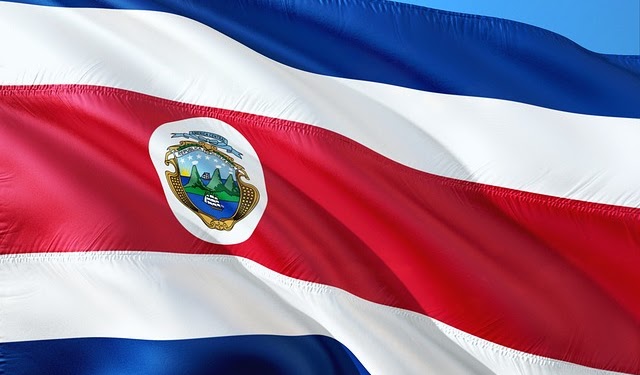Costa Rica's Education System

Costa Rica's Education System
In 1869, Costa Rica made education both free and mandatory for all its citizens. Since
that time, the country's education system has grown to include more than four thousand
schools. Over the last three decades the country has invested nearly 30% of its national
budget in primary and secondary education. The literacy rate is 95% in residents age 15
and older, and the country boasts more teachers than policemen.
There are public elementary and high schools in every community, and all students are
required to wear a uniform, to lessen the economic distinctions among classmates.
Public elementary schools consist of six years of education followed by five to
six years of high school. The first three years of high school are dedicated to
general education while the remaining two or three provide students with specialized
training. Upon graduation, students receive a title in arts or sciences and a Costa Rican
Bachillerato Diploma, which is accredited by the Costa Rican Ministry of Education.
Private schools are scattered throughout the country, some of which offer classes in
several languages, and follow U.S. curriculums. Degrees offered include the International
Baccalaureate Diploma, accredited by the IBO in Switzerland, and a U.S. High School
Diploma, accredited by the Southern Association of Colleges and Schools (SACS).
Colleges & Universities
A college education in Costa Rica not only promises excellent academics, but a sound
financial investment. The country has both public and private universities, from the
highly regarded University of Costa Rica to the internationally recognized University
for Peace. Tuition generally runs about 50% less than in-state rates for most U.S. schools,
and students get the added value of spending time abroad. You'll learn Spanish, make
friends from around the world, and graduate with little debt and a first-rate education.
Costa Rican universities give most courses in Spanish, though individual classes in English
are available. Several private universities offer entire majors in English. Those include
the Universidad de Iberoamerica (UNIBE) that specializes in medicine; the Universidad
Latinoamericana de Ciencia y Tecnologia (ULACIT), which offers baccalaureate through
doctorate degrees in many subjects; and the Universidad Veritas, a national leader in
architecture and design.
The University of Costa Rica, which offers more than 100 undergraduate and postgraduate
degrees, is Costa Rica's highest ranking public university. Tuition costs about $80 per
credit hour for undergraduates, and $140 for graduate students

![[Return]](https://www.tomjfisher.com/Travel/ar1re_lt.gif)

![[Return]](https://www.tomjfisher.com/Travel/ar1re_lt.gif)